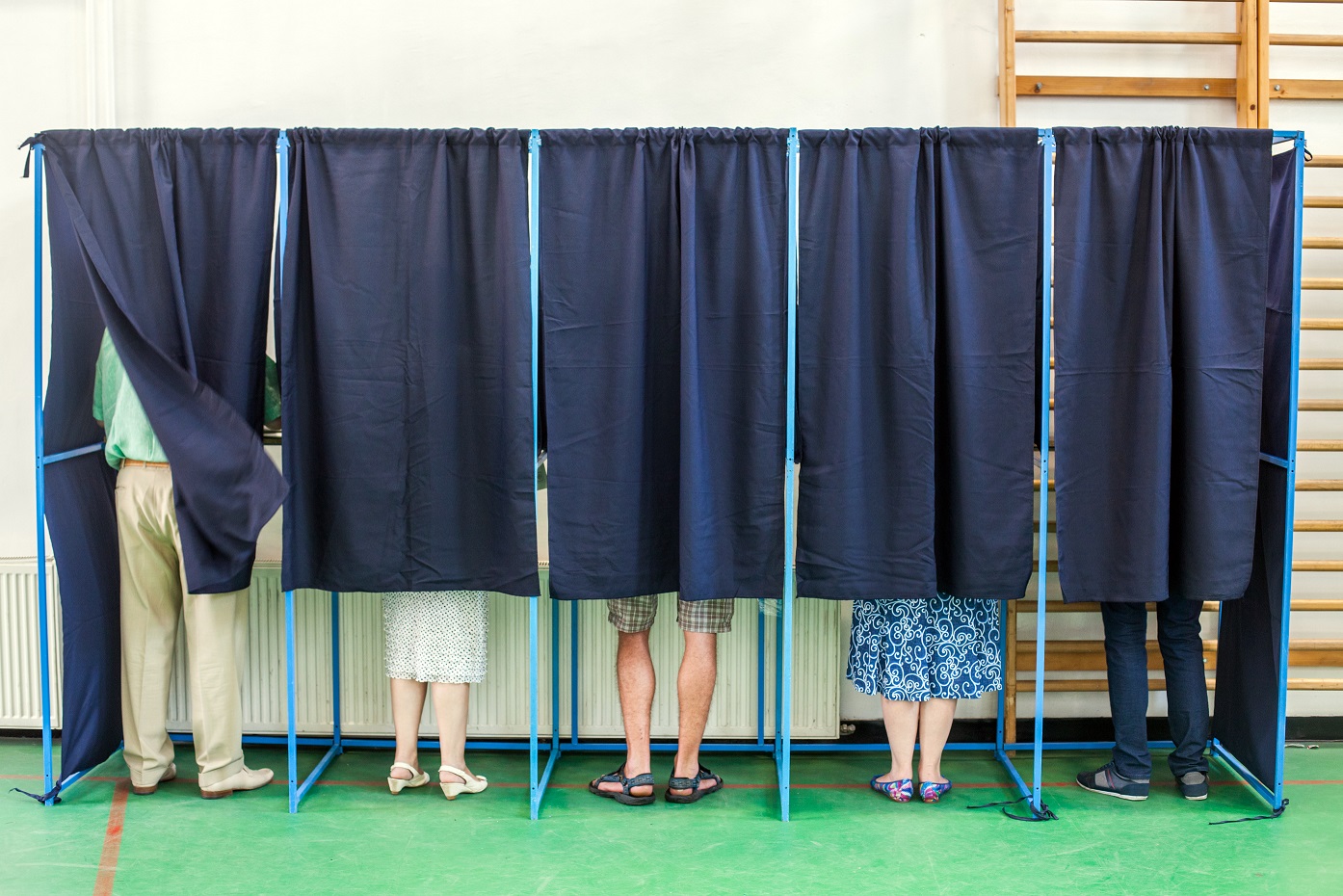Treyger, Brannan Push City to Place More Interpreters in Polling Sites

Shutterstock/Alexandru Nika
Councilmember Mark Treyger recalls the first time he realized with a jolt that the city was falling far short in its goal of helping non-English speaking U.S. citizens in polling places on Election Day.
Several years ago, Treyger was working as an aide to Assemblymember William Colton, a Democrat representing Gravesend and Bensonhurst, and was serving as a troubleshooter at polling sites when he was called to P.S. 177 in Bensonhurst to referee a dispute between a poll worker and a supervisor.
The poll worker was seeking to assist a Russian-speaking voter when the supervisor threatened to have him arrested on the grounds that he was electioneering, according to Treyger.